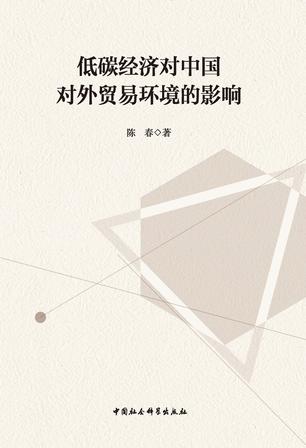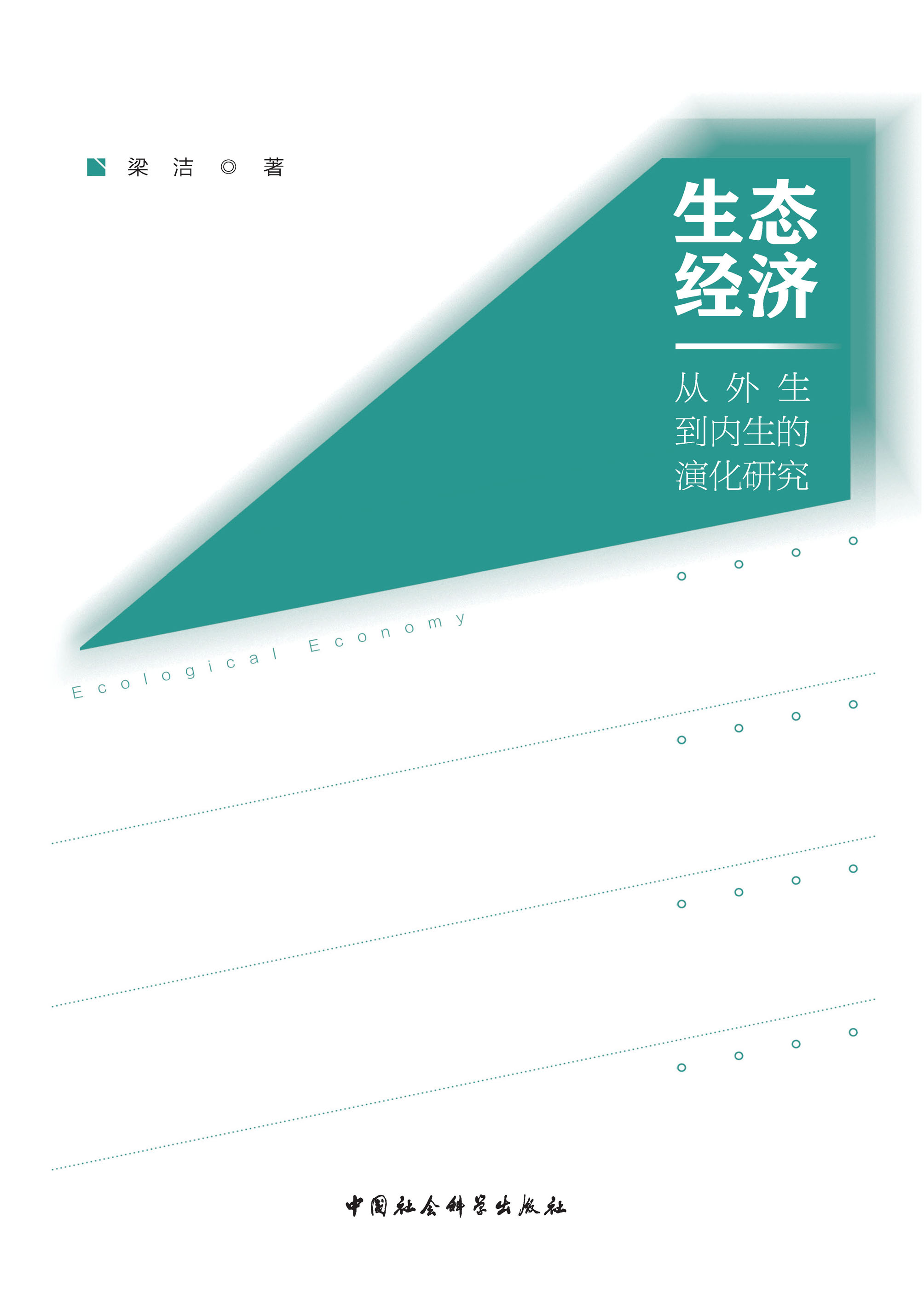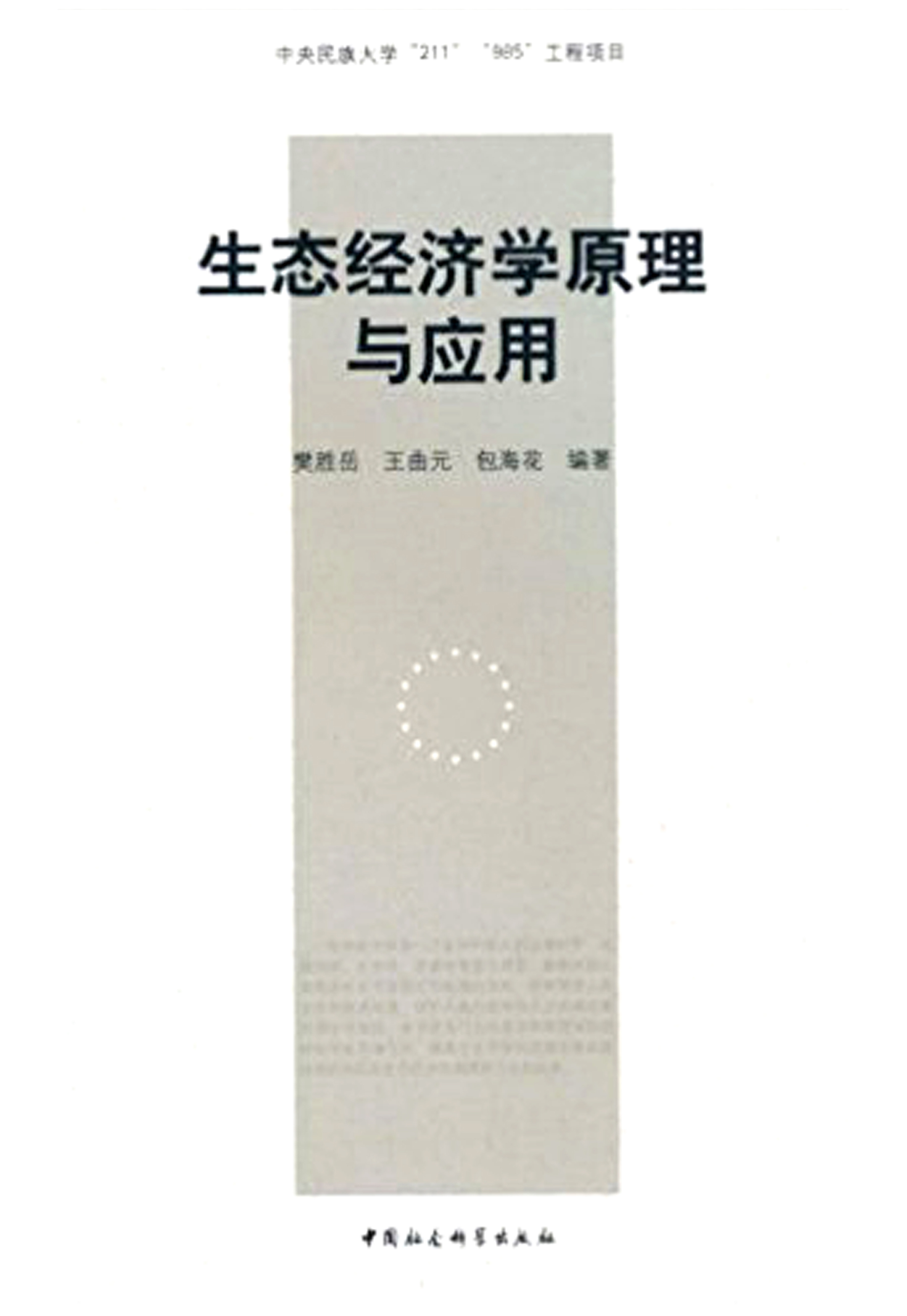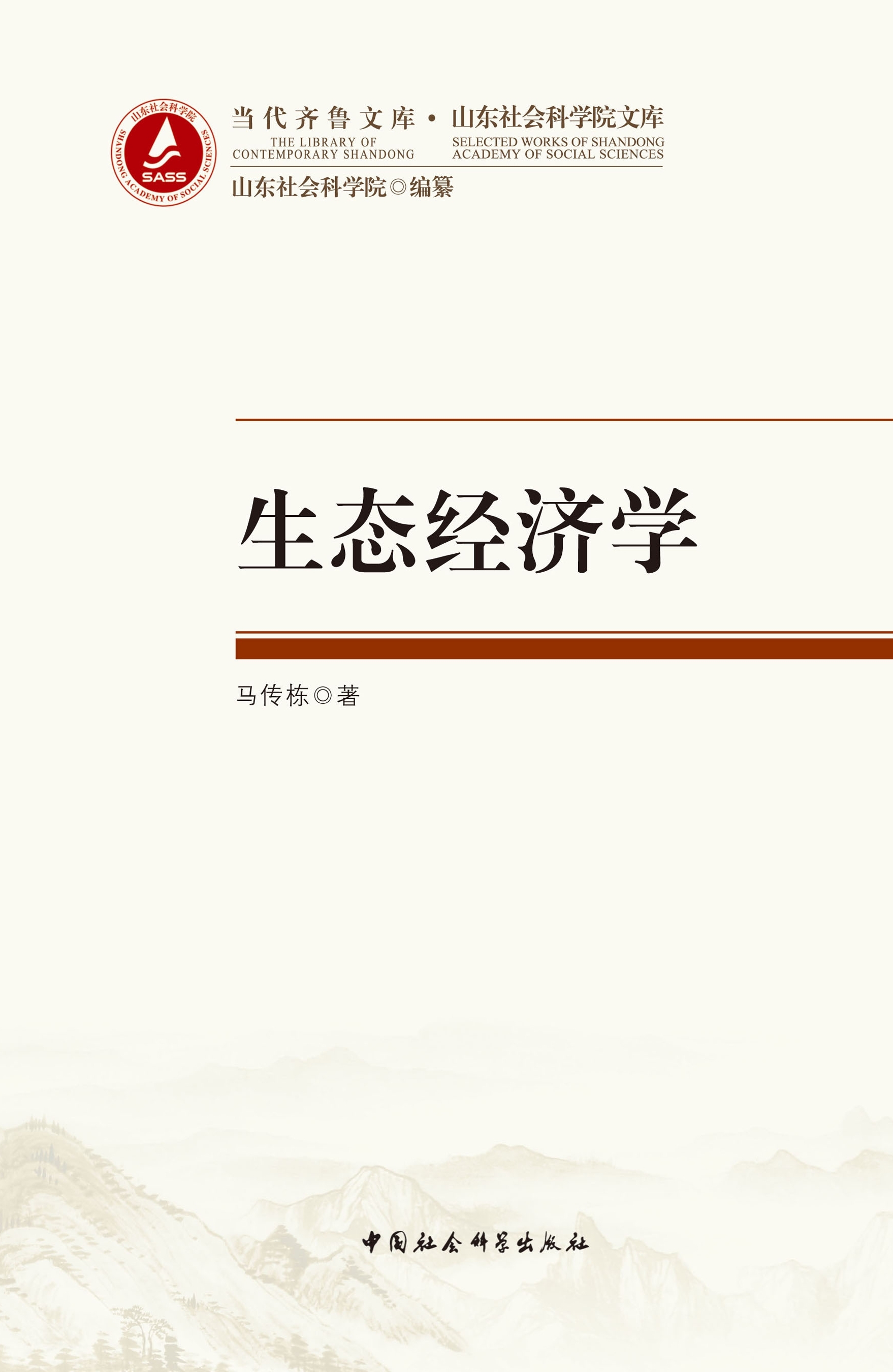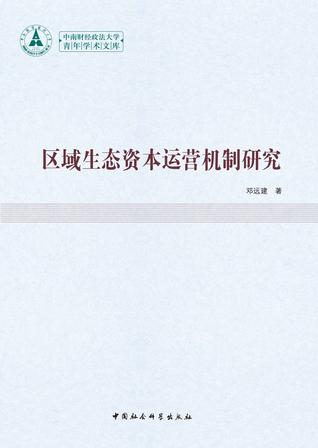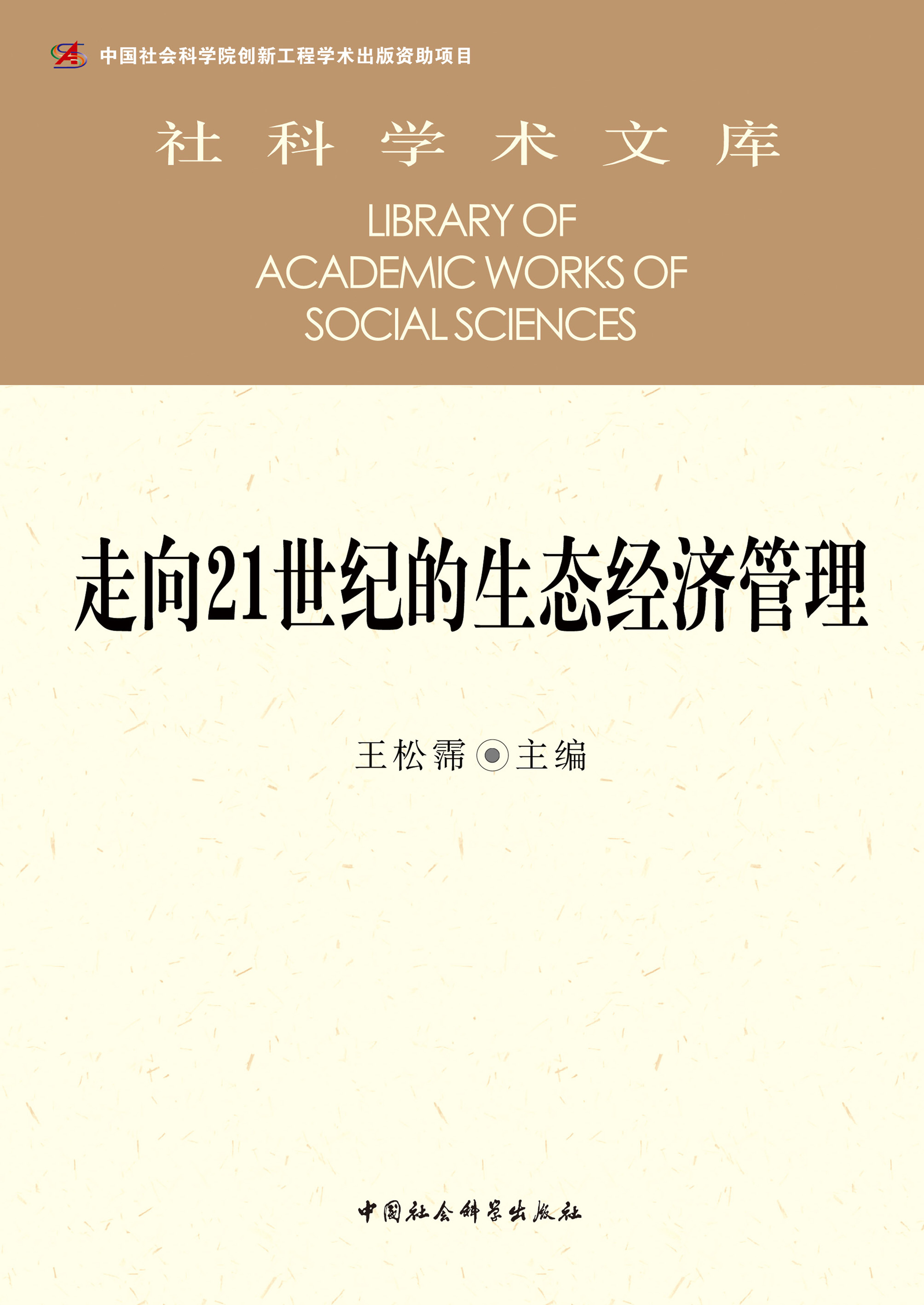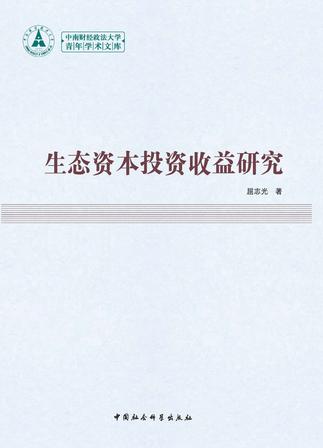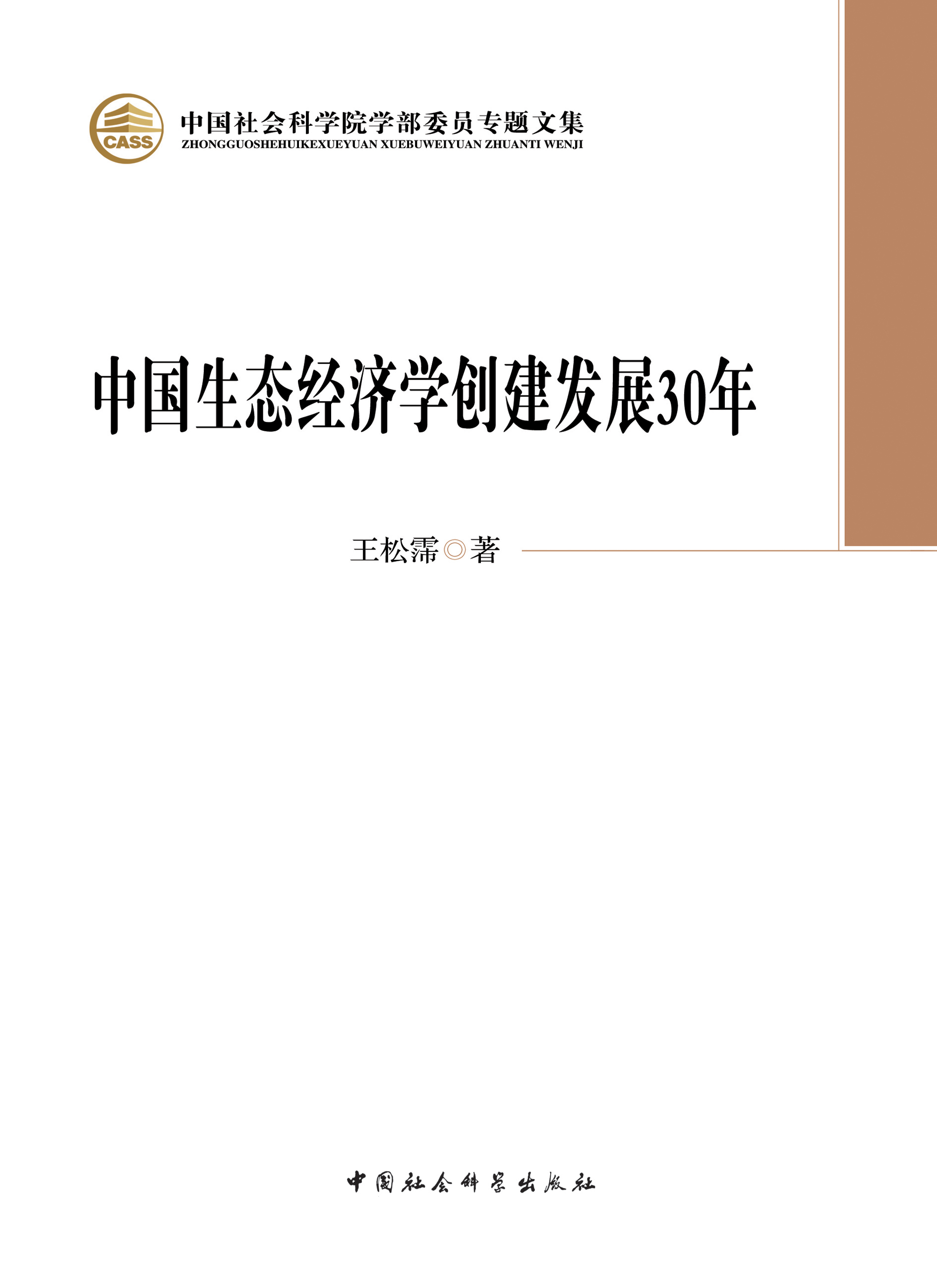内容简介
作者简介
目录
“Low Carbon Economy” has attracted the global concerns and been accepted by the world since it was put forward in 2003.Because it involves the climate,economy,politics,trade,technology,environment etc,low carbon economy must make new effects on the international trade rules and global trade environment under the background of globalization,when new international economic and political order is forming.As one of the largest trader and carbon emitter in the world,China is facing more and more serious foreign trade environment.Especially,the American Clean Energy and Security Act passed in June 2009,the problem of carbon tariffs is bumping up and a variety of trade frictions and trade barriers are booming after the international financial crisis,which forces China to pay great attention to the problem of foreign trade environmental optimization.Because of the international pressure and the needs of sustainable development,China must improve the structure and change the growth mode of foreign trade in the era of low carbon economy.In the meantime,China should vigorously develop the service trade and green trade,actively respond to the implementation of carbon tariffs on Chinese export commodities,and break up environmental barriers of low carbon technologies,“carbon logo” and so on made by other countries.Thus China can promote to change the mode of development to low carbon economy,optimize its foreign trade environment,and realize the sustainable development of foreign trade and economy.The dissertation is composed of six chapters.Chapter 1 introduces the research background and the research significance,the domestic and overseas research progress in this area,the research content,the research method and the research novelty.Chapter 2 discusses the major theoretical problems in low carbon economy.Firstly it reviews the related theories of basic low carbon economy,discusses the international background and active significance of the theory of low carbon economy.Then it briefly introduces the definition and connotation of low carbon economy.Based on these,the dissertation emphatically analyzes the carbon tariffs,as the product of the era of low carbon economy,which leads to new dispute and differences in the international order and will change the rules and the environment of international trade.In the end it gives some details about the strategy and policy of low carbon economy of the western countries,which offers some references to China.Chapter 3 mainly discusses the problems of foreign trade environment.The dissertation defines the foreign trade environment,especially the social environment of foreign trade.It also sums up the new changes in social environment of foreign trade today,and points out that these new changes will make international trade to be smooth.From two aspects of natural environment and social environment,the dissertation analyzes the relationship between foreign trade and environment.In fact,the social environment plays a decisive role in the development of international trade.And carbon tariffs will play a limit positive role for natural environment,but more become trade barriers to the foreign trade environment.Chapter 4 analyzes the impact of low carbon economy on international trade environment.From three aspects of the structure of foreign trade,carbon tariffs and environmental barrier,it presents the changes of foreign trade environment caused by low carbon economy in three trading powers—the United States,EU and Japan.About the structure of foreign trade,the dissertation generally analyzes the variation of foreign trade structure and carbon emissions of each trading powers in recent years,concludes that carbon emissions have increased with the growth of foreign trade of three trading powers.The dissertation makes empirical study on the relationship between carbon emissions and industrial structure in major trade countries by utilizing the varying coefficient unchanged intercept model,in order to indirectly analyze the relationships between the low carbon economy and foreign trade structure.The conclusion is that it must choose properly the leading industry according to the different situations,speed up the adjustment of industrial structure and foreign trade structure to develop the low carbon economy and ensure the environmental optimization of foreign trade.About carbon tariffs and environment barriers,it mainly inspects the attitude of the United States,the European Union,Japan and other countries for carbon tariffs.Many countries and regions are making environment barriers in name of low carbon economy at present and will implement carbon tariffs in the future.The carbon tariffs and non-tariff environmental barriers are the embodiment of the complication of international trade environment today.Chapter 5 makes empirical analysis on the impact of low carbon economy on China's foreign trade environment.In this dissertation,we focus on using input-output and empirically analyze the embodied carbon emissions in Chinese export according to 28 industrial export categories.We also indirectly analyze the relationships of the low carbon economy and foreign trade structure by using the multivariate linear regression model of Chinese industrial structure and low carbon economy.Results show that China's exports have concentrated on the products embodying high carbon.Once carbon tariffs is implemented,Chinese exports will be facing carbon barriers and export competitiveness will be declined markedly.At the same time,with the development of low carbon economy,the developed countries make constantly new environment barriers on China's export trade using the technical standard of low carbon and carbon logo etc.Hence,China must make adjustment of structure of the import and export commodity,actively addressed carbon tariffs,vigorously develop green trade and service trade.Chapter 6 mainly discusses the challenges and opportunities of developing low carbon economy,optimizing environment of Chinese foreign trade.The dissertation gives detailed ways and measures to realize low carbon economy and environmental optimization of foreign trade in China.Key Words:low carbon economy;carbon tariffs;foreign trade structure;embodied carbon emissions;environmental barriers
全部显示∨
陈春 武汉科技大学副教授,武汉大学国际贸易学博士,美国德克萨斯大学阿灵顿分校访问学者。主要从事中小企业国际竞争力、产业转移、低碳经济及中国对外贸易环境的研究。目前已主持一项国家社科基金项目,主持并参与了多项湖北省教育厅、科技厅、统计局等部门的项目研究,分别在《国外社会科学》、《宏观经济管理》、《武汉大学学报》、《湖北社会科学》、《商业时代》、《农业经济》等刊物上公开发表学术论文20余篇。多年来曾经承担过《市场营销学》、《国际商务谈判》、《国际贸易》、《国际金融》、《国际经济学》、《国际商务礼仪》等课程的教学工作并获得好评。
全部显示∨
第一章 绪论一 研究的背景及意义
二 文献综述
三 本书的研究思路、文章结构和研究方法
四 创新点与不足
第二章 低碳经济的基础理论问题第一节 低碳经济的理论基础一 可持续发展理论
二 生态足迹理论
三 脱钩理论
四 城市矿山理论
第二节 低碳经济的提出及其内涵一 提出的背景
二 提出的意义
三 低碳经济的定义及内涵
第三节 “碳关税”一 “碳关税”的概念及内涵
二 “碳关税”问题的实质
三 “碳关税”的理论与实践价值
四 “碳关税”面临的挑战
第四节 西方各主要大国的低碳经济战略与政策一 美国的低碳经济战略与政策
二 欧盟的低碳经济战略与政策
三 日本的低碳经济战略与政策
四 英国的低碳经济战略及政策
本章小结
第三章 对外贸易环境第一节 对外贸易环境的基础理论一 对外贸易的自然环境
二 对外贸易的社会环境
第二节 对外贸易环境与国际贸易一 自然环境与国际贸易
二 社会环境与国际贸易
本章小结
第四章 低碳经济对国际贸易环境的影响第一节 低碳经济对主要贸易大国贸易结构的影响一 对西方主要贸易大国贸易结构影响的一般分析
二 对世界主要贸易大国贸易结构影响的实证分析
第二节 低碳经济对主要贸易大国关税的影响一 主要贸易大国的“碳关税”
二 “碳关税”对国际贸易环境的影响
第三节 低碳经济对主要贸易大国非关税壁垒的影响一 美国的环境壁垒
二 欧盟的环境壁垒
三 日本的环境壁垒
本章小结
第五章 低碳经济对中国外贸环境影响的实证分析第一节 低碳经济对改善中国对外贸易环境的意义一 低碳经济是中国经济发展方式转变的必由之路
二 低碳经济是中国转变外贸发展方式的必然要求
三 低碳经济是优化中国对外贸易环境的内在需要
第二节 中国对外贸易结构分析一 低碳经济与对外贸易结构的一般分析
二 中国出口商品的隐含碳
三 低碳经济与对外贸易结构的实证分析
第三节 中国对外贸易关税环境分析一 中国对外贸易关税环境概述
二 中国被征收“碳关税”的可能性及其影响分析
三 “碳关税”与对外贸易量的实证分析
第四节 中国对外贸易非关税壁垒分析一 中国将面临的新的非关税壁垒
二 新的非关税壁垒对中国的影响
本章小结
第六章 优化对外贸易环境的对策与建议第一节 中国对外贸易面临的机遇与挑战一 中国对外贸易面临的机遇
二 中国对外贸易面临的挑战
第二节 优化中国对外贸易环境的路径与对策一 积极开展“环境外交”,参与国际贸易规则的制定
二 构建低碳经济发展战略与体系,赢取更多国际话语权
三 实行新的外贸战略政策,打造良好的对外贸易环境
参考文献
